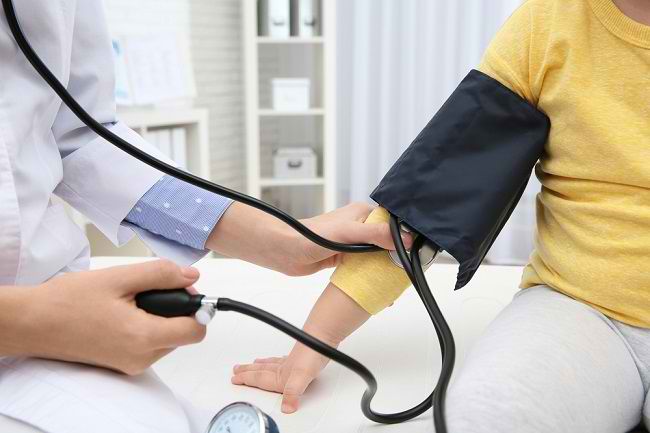If you have recently had surgery, you may be concerned about the risk of a surgical site infection. The reason is, infection in surgical incisions is a fairly common complaint. Approximately 2–5% of patients who undergo surgery develop this condition.
In most cases, surgical site infections are caused by bacteria Staphylococcus . These bacteria can enter your body during or after surgery.

If left untreated, surgical site infections can lead to various complications, including delayed wound healing and infection that spreads throughout the body (sepsis). Therefore, it is important to know the symptoms of a surgical wound infection and how to treat it if you have just had surgery.
Symptoms of Surgical Wound Infection
The following are some of the common symptoms that appear when the surgical incision wound becomes infected:
1. Redness and swelling at the surgical incision site
An infected surgical incision can harden and swell as the underlying tissue becomes inflamed. Infected incisions may also be reddish in color and feel warm to the touch.
2. Discharge of pus from the surgical wound
An unpleasant-smelling pus may drain from the infected surgical wound. This liquid is usually thick in texture and can be green, white, or yellow in color.
3. Fever
Surgical wound infections can also cause an increase in body temperature of more than 38 degrees Celsius that does not go down for more than 24 hours.
4. Pain
Surgical scars can be painful, but normally this pain will decrease slowly as the wound heals. However, if the pain in the surgical wound does not improve or it worsens for no apparent reason, it could be a sign of a surgical site infection.
Types of Surgical Wound Infections and their Treatment
Based on the severity of the infection and the depth of the wound, surgical wound infections are divided into 3 types, each of which requires different treatment. Here is the explanation:
skin infection
This type of surgical wound infection only affects the skin layer. Bacteria from your skin, operating room, surgeon's hands, and other surfaces in the hospital can transfer to the surgical site during surgery and cause infection.
This type of surgical wound infection, also known as a superficial infection, can usually be treated with antibiotics. However, doctors sometimes need to open a portion of the surgical incision to drain the fluid from the wound and drain it.
Infections in muscles and tissues
This type of surgical wound infection involves the soft tissue under the skin being cut. This type of infection can be caused by an untreated superficial infection or a medical device implanted in your skin.
Almost the same as superficial infections, this type of infection is also treated by antibiotics. The difference is, the doctor may have to open the surgical incision completely to drain the pus and drain the wound.
Organ and bone infections
This type of infection can result from an untreated superficial infection or bacteria that penetrated deep into the body cavity during surgery.
This type of infection requires a more complex treatment than the previous two types of surgical wound infections. Treatments that doctors can do for this type of infection include giving antibiotics, removing pus (drainage), and sometimes repeating surgery to repair organs or treat infection.
Factors that increase the risk of surgical wound infection
Surgical wound infections can basically be experienced by anyone, but are more common in older adults. In addition, having a history of skin infections or conditions that weaken the immune system such as the following can also increase your risk of developing surgical site infections:
- Diabetes
- Excess weight
- Smoke
Prevention of Surgical Wound Infection
Some of the ways that can be done to avoid infection in the surgical wound are:
- Ensure that the sterile dressing applied to the wound is not removed for at least 48 hours.
- Take antibiotics as directed by your doctor.
- Make sure you understand and apply proper wound care.
- Always wash your hands with soap and clean water before touching the wound and ask everyone who helps with your wound care to do the same.
Surgical wound infections are a common complaint, but can be dangerous if not treated immediately. Therefore, if you have recently had surgery with an incision and experience the symptoms of a surgical wound infection mentioned above, see a doctor immediately so that he can be treated as soon as possible.
Written by:
dr. Sonny Seputra, M.Ked.Klin, Sp.B, FINACS
(Surgeon Specialist)









